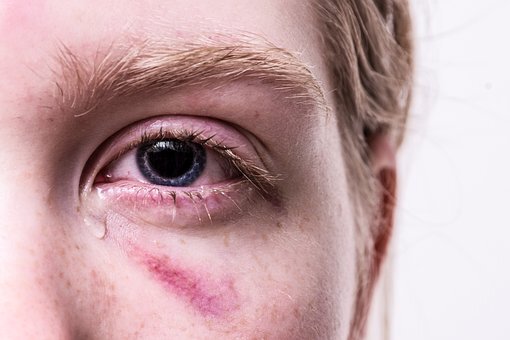The Tyre Nichols video may cause forms of trauma | pixabay.com
The Tyre Nichols video may cause forms of trauma | pixabay.com
The Tyre Nichols video may cause forms of trauma
The beating and killing of Tyre Nichols is the latest tragedy to be caught on video, exposing the realities of a tragic event and often leaving viewers upset or traumatized.
Tragic news events can be difficult to process, even when you aren’t involved directly. You may even show signs of stress and trauma.
“These signs can show up immediately or after a few weeks since watching the video,” explains Felicia Houston, faith and mental health program specialist at Advocate Health Care and Aurora Health Care. “People can experience forms of post-traumatic stress disorder from watching the distressing videos.”
Houston says that symptoms of stress and trauma can include trouble sleeping, continuously replaying the events in your mind and feeling jumpy, restless and moody.
If you’re concerned about how the video might affect your mental health but still want to be informed, it might be best to read news coverage rather than watch the video itself. Or you could limit how much news content you consume. Houston understands, of course, this can be difficult in a world where your social media feeds can serve up disturbing images in an instant without warning.
So how can you protect your mental health while using technology? Houston provides the following tips:Take care of yourself – Maintaining your routine can be helpful and act as a distraction from technology.
Ask for help if needed – Traumatic events like Nichol’s murder can lead to emotional, physical and behavioral reactions. If it’s an emergency, seek medical attention immediately for assistance.
Limit screen time – If possible, avoid constantly reading the news.
Limit social media – Similarly, this can help you avoid repeated exposure to traumatic news.
Lean on your support system – Your loved ones may also exhibit symptoms of a trauma response. Sharing your feelings may help both of you cope.
Original source can be found here.





 Alerts Sign-up
Alerts Sign-up